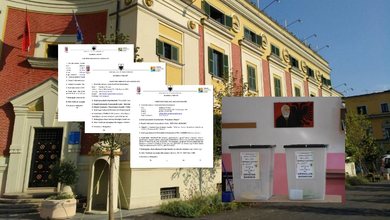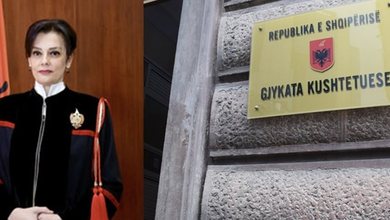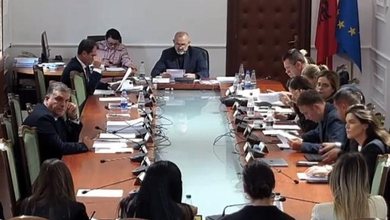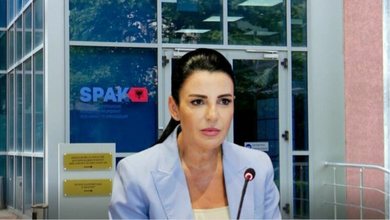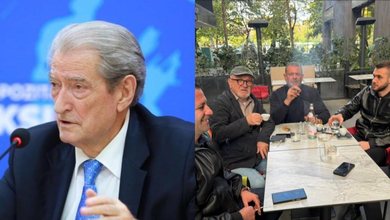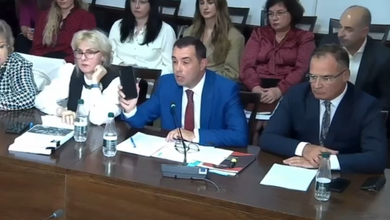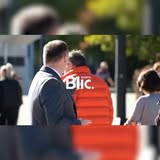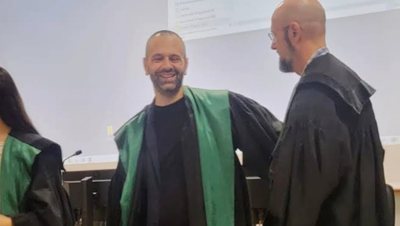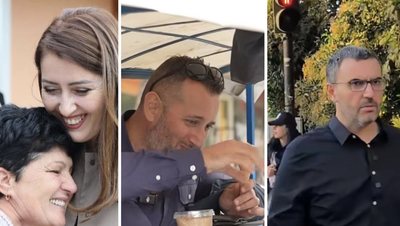We have a campaign that still does not have a date for the elections, but it has tones, rhythms and styles that sell better than any electoral calendar. Tirana has returned to the stage where three protagonists – Ogerta Manastirliu, Florian Binaj and Arlind Qori – are playing three completely different versions of the same role: the candidate who "takes care" of the city.
Florian Binaj – “I am like you”
Binaj is campaigning with a cell phone in his hand and the tone of a man who has just stepped off the stage to enter an alley. He does not speak from podiums, but from sidewalks, between ice cream kiosks and alleys with bags on his back. The message is clear: “I am Flori, not the mayor, but the neighborhood boy who does not see the city as private property.”
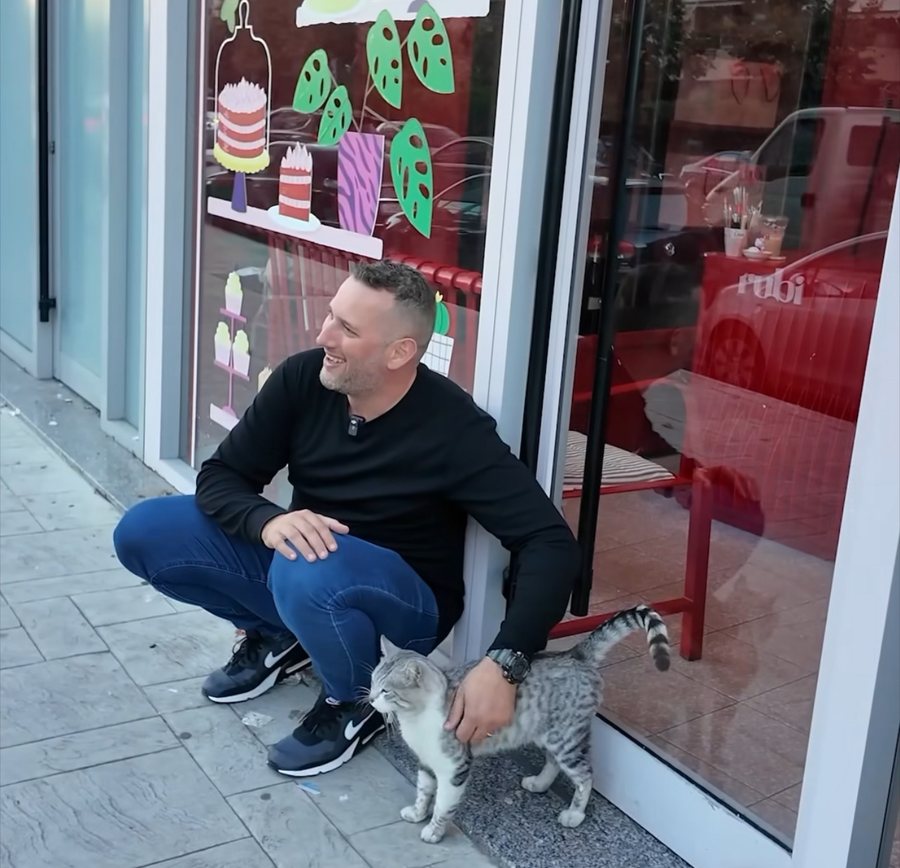
His posts are short, with phrases that sound like the refrain of an anti-establishment campaign, but are careful not to slide into aggression. He does not attack, but describes power with a simple moral: the city is not for the oligarchs (without mentioning any of them), but for parents and young people.
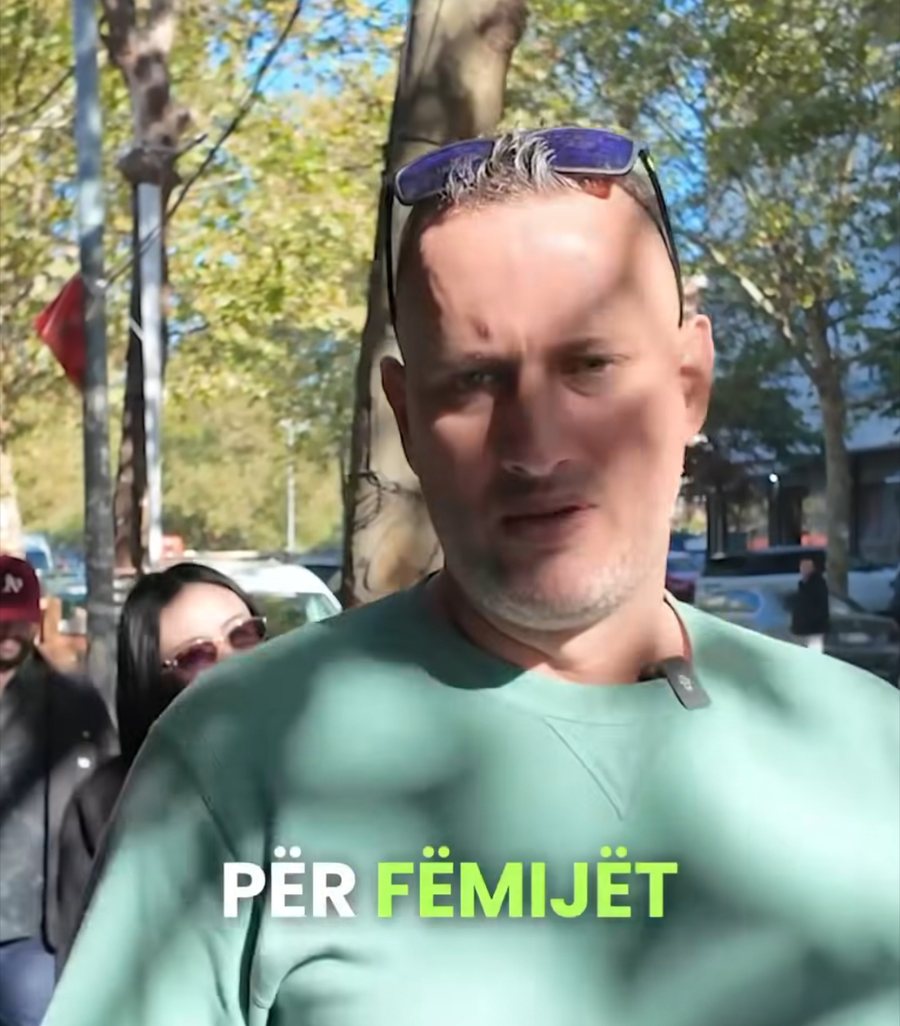
Ogerta Manastirliu – “Tirana that cares”
On the other hand, Manastirliu is building communication as a model campaign for the Socialist Party: neat choreography, warm visuals, smiling people, hugging children, exemplary parents.
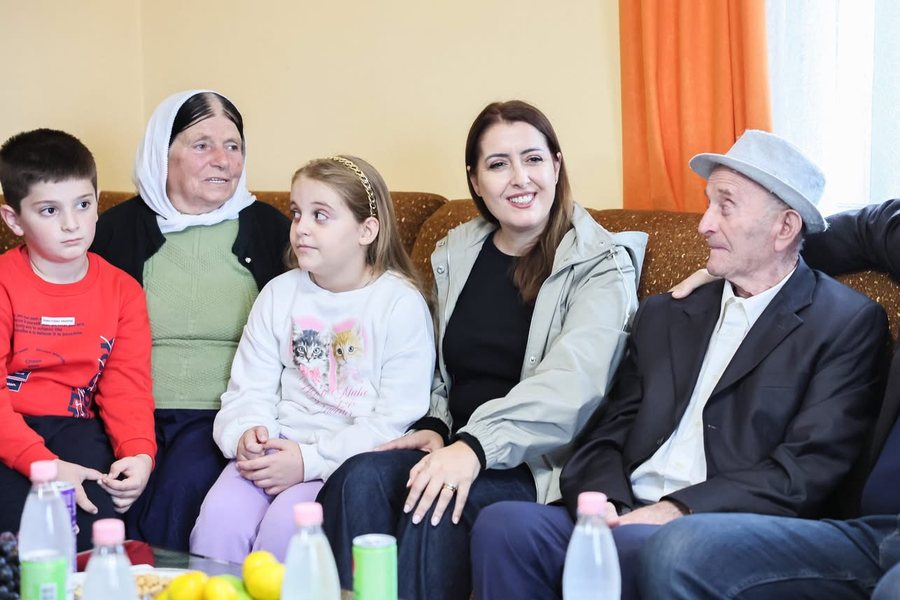
Each post is a scenario of institutional care, with the hashtag that makes it the motto: #ForTiranënQëKujdeset.
She does not only appear in the field, but in each photo she is at the center of an “ordered community”: a family, a circle of women, a group of small traders.
The keywords are always the same – “care”, “together”, “Tirana 2030” – and they constitute a linguistic universe of tranquility, where nothing is missing, but everything is under control.
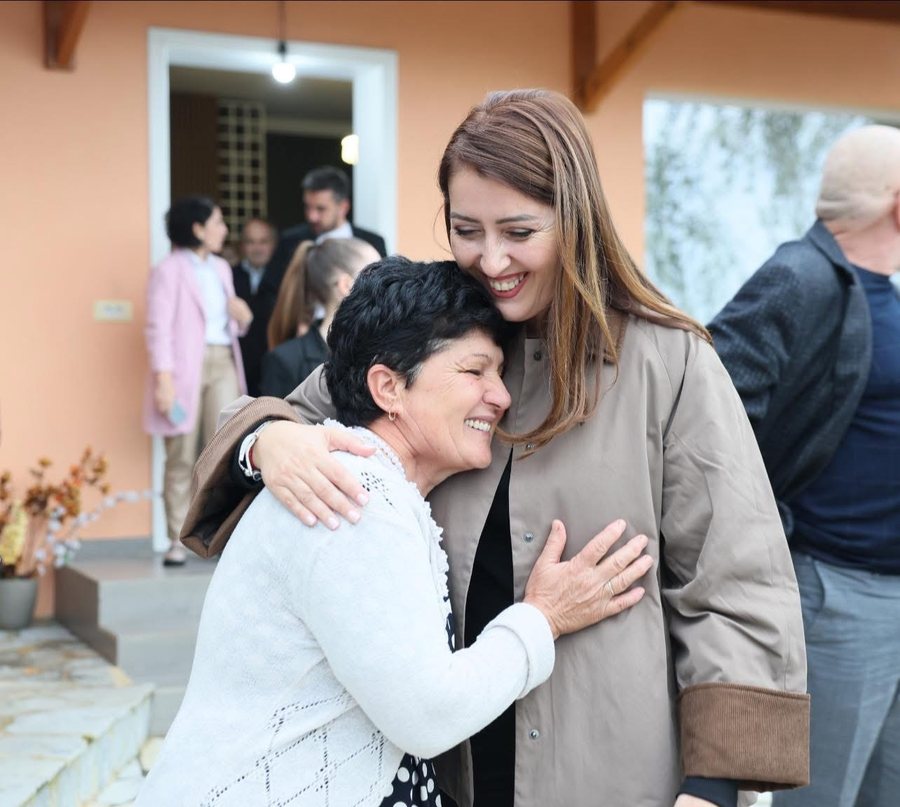
Arlind Qori – “Revolt as a program”
At the other end of the spectrum, Qori is the only one who doesn't seek to be liked, but to be heard.
In his posts, there are no laughing children or hugging parents. There are sentences that begin with accusations:
"Ministers belong in prison."
"Liar Edi Rama deceives pensioners."
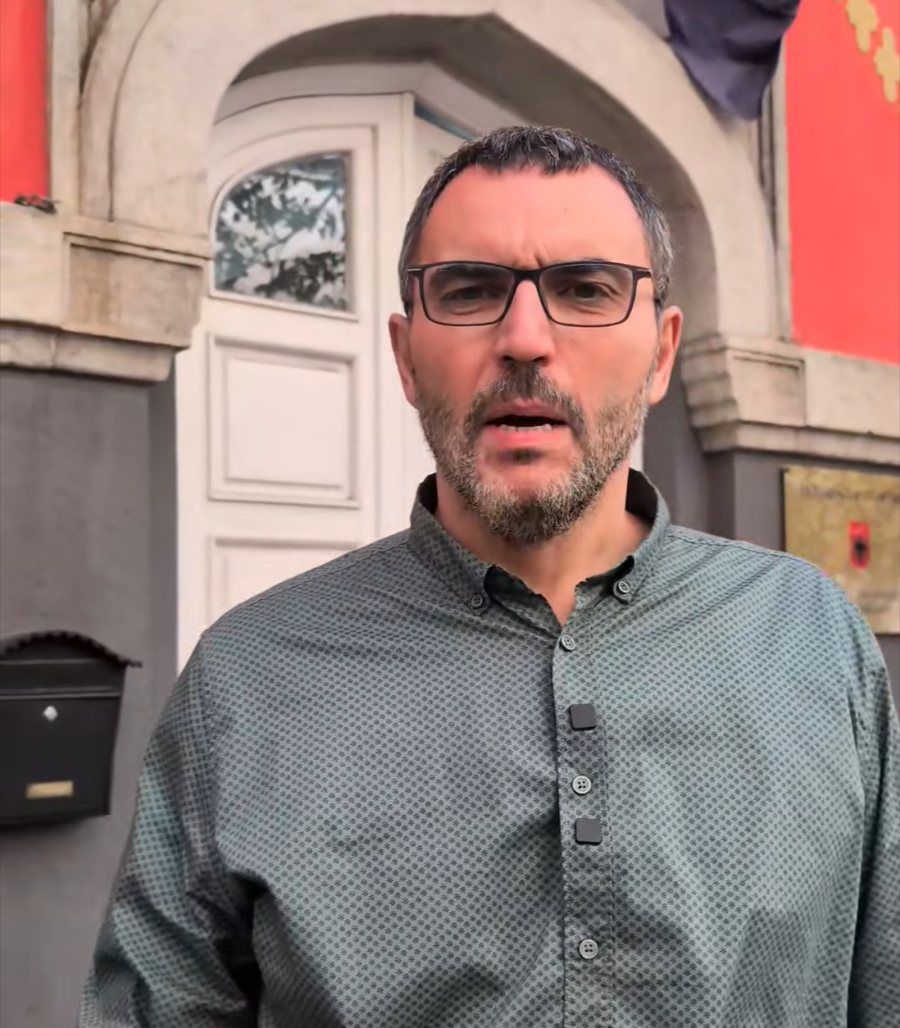
He does not speak of "care" or "together", but of fire, injustice and revolt.
At a time when his two opponents are constructing soft images filmed and edited with direction, Qori uses Facebook as a megaphone of civic anger.
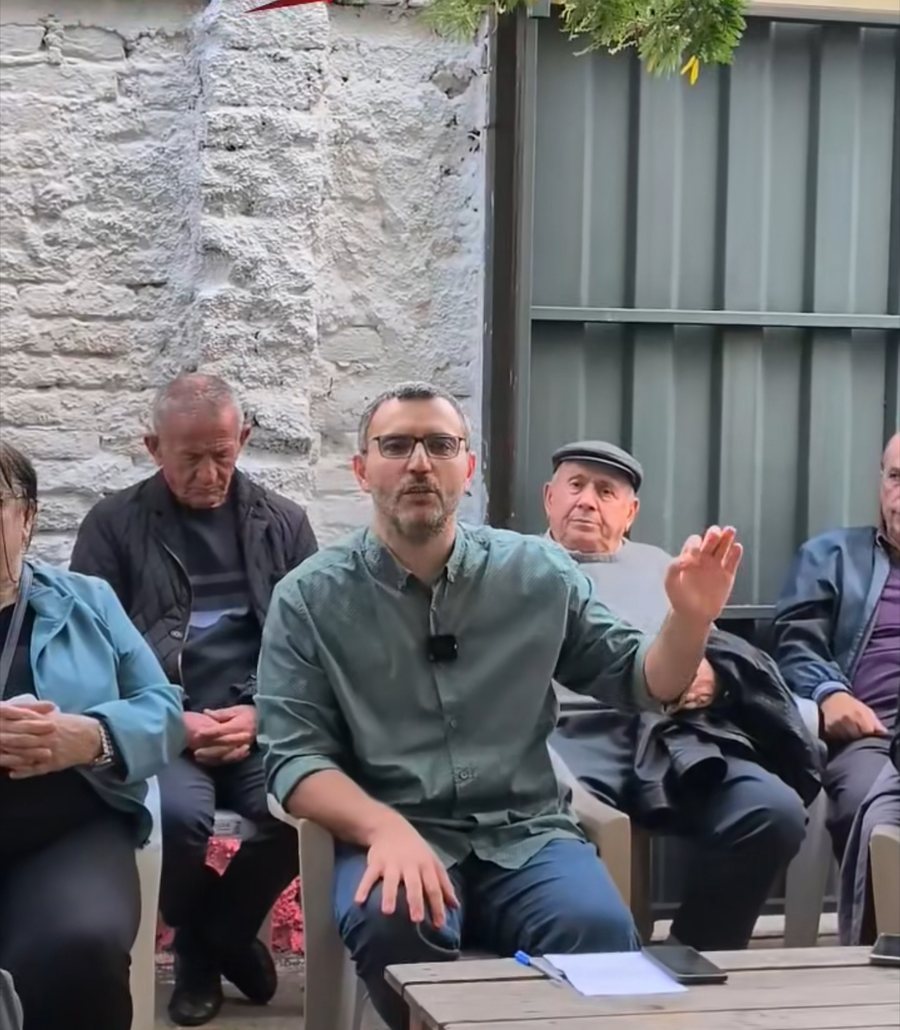
Because Arlind Qori isn't just looking for votes - he's looking for followers of an ideology that, at least in style, is the most radical alternative to the establishment.
In the end, the elections for Tirana – whenever they take place – will not be a battle of programs, but a battle of styles.
Who will win over the public: the minister with empathy, the actor with gentle revolt, or the professor with strong revolt?
For now, the city sees three versions of an old promise:
“Tirana is ours.”
But as always, “which us” remains to be seen.



